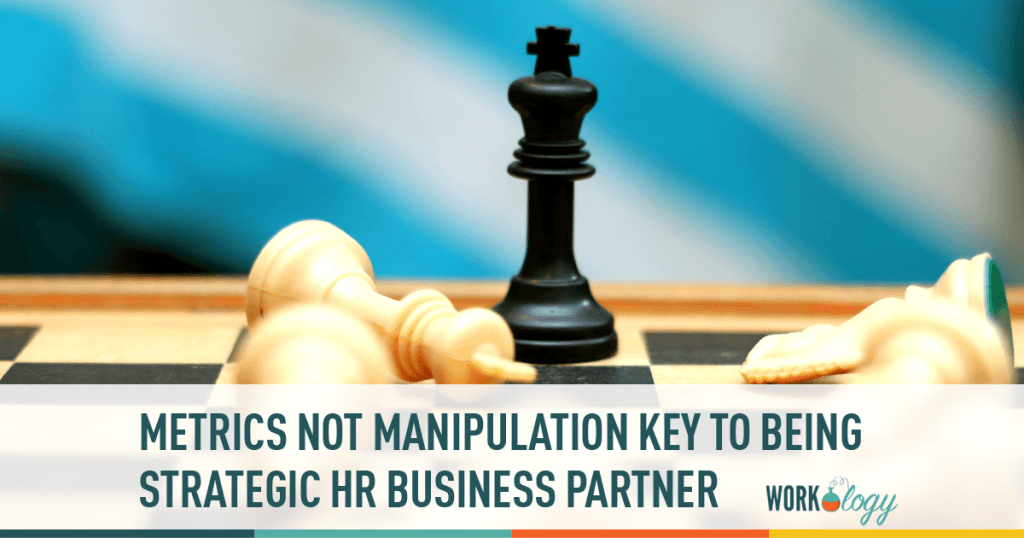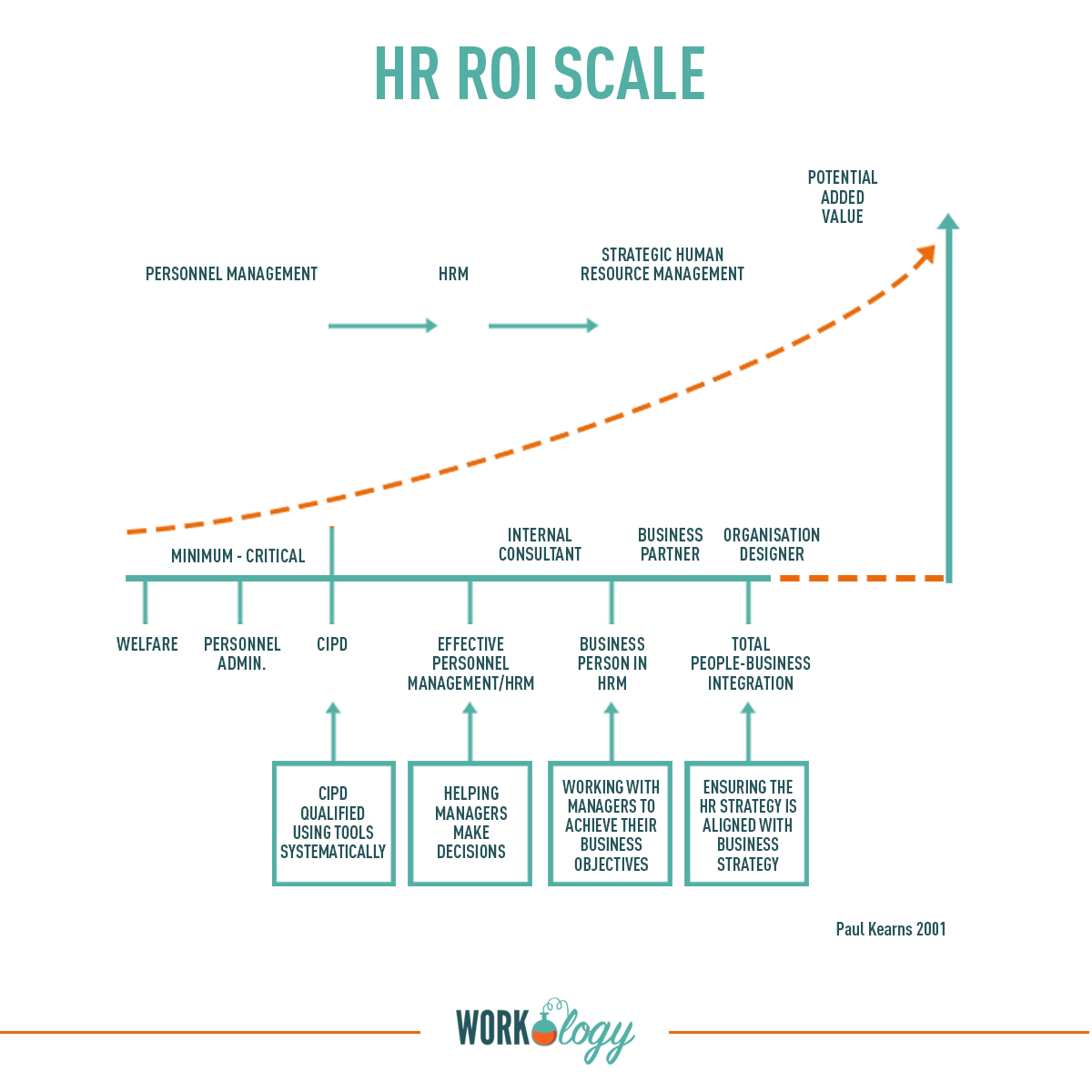I had the pleasure of attending the SHRM Talent Conference this past week in Las Vegas. It’s one of my favorite events because the conference is targeted toward people working in the HR side of recruitment, retention, and staffing, allowing for quality talks and learning opportunities. And as my career has progressed, I’ve discovered that I value these similar interactions with industry colleagues much more for advancing my own professional development. It’s not unusual for me to have a drink with the head of talent at a company and openly discuss the difficulties in finding candidates for the military or even in recruiting at all for a business that has undergone numerous acquisitions and uses no less than three different applicant tracking systems to manage its talent and employees. In HR, this is the reality of our jobs. We play a wide range of responsibilities, and the extent to which we participate in business level strategy varies according to the demands of the organizations we assist.
How to Be Strategic in Human Resources (Part 1)
Because of this conference and a recent personal focus on HR Metrics and Formulas as part of a webinar series, I’ve been thinking a lot about the strategic role of HR. The cornerstone of HR strategy is not HR measurements. Depending on where we are most needed, our HR functions actually reflect the demands of the organization. Our jobs are indicative of a tiny firm that is primarily concerned with paying employees and managing staff. Payroll hours and turnover are reliable measures of human capital. The KPIs of HR become less significant as our responsibilities get more sophisticated and strategic for the company because the real value we add is to the bigger business as a whole. It’s the total business-person integration that Paul Kearns depicts below.
I’m not saying that human resources metrics and formulas aren’t important but they are viewed differently as our role becomes more developed within the organization. They should be viewed of secondary importance to gain a foothold in the executive and senior business ranks that we support. We are looking at the impact of human capital in direct relation to revenues or organizational productivity and how it accounts for a certain percentage of expenses for the organization in its entirety. While the metrics remain important, what matters more is HR’s role in other areas of the organization having nothing and everything to do with HR.
HR Needs to Prioritize Manipulation Over Metrics
For HR to be thought of as a strategic business partner, they must not rely on human resources but on business partnerships, relationships and manipulation among their peers and executive teams for HR to really shine. Working in business at any level is a power play. It means understanding the business, researching the organization as a whole and educating yourself about the complete business BEFORE you set foot in any type of business or department meeting. You must be the most knowledgeable, educated and aware of the entire business to be strategic in HR. Without this mindset, the decks are stacked against you because your business leaders have an impression, a stereotype and a point of view when it comes to HR. HR is rooted in personnel, employee filing and policy making instead of human capital management and succession planning. It’s like we are cage fighting a series of opponents with one arm tied behind our back while everyone else, our executive team freely swings, kicks and claws to win influence, respect and a voice but not HR.
We’re also predominantly women who are waiting to be liked, complimented and asked our opinion. This is the reason we have to be prepared to take our position not ask as a strategic business partner in HR.
Having recently read Facebook COO, Sheryl Sandberg’s book, Lean In, I feel like I finally really understand the real reason why our industry struggles to be taken seriously. We are an industry of women waiting for someone to ask us to join them in their executive business meeting instead of demanding audience or opportunity to meet to represent HR. It’s time to stop asking and start taking to really be a strategic business partner in HR.
I challenge you to get out there, read reports, understand earnings, ask questions and get on the manufacturing floor. Build relationships, alliances and partnerships among peers and other business partners to gain true foothold in the business and represent HR.











2 Comments
I like this article….but what are the steps to become HR business Partner? as of now I am HR executive, what should I suppose to do to reach the mention position..HRBP
Hi Jessica
Great article- many thanks.
what type of HR structure / organogram is best suited to support HRBP
Comments are closed.